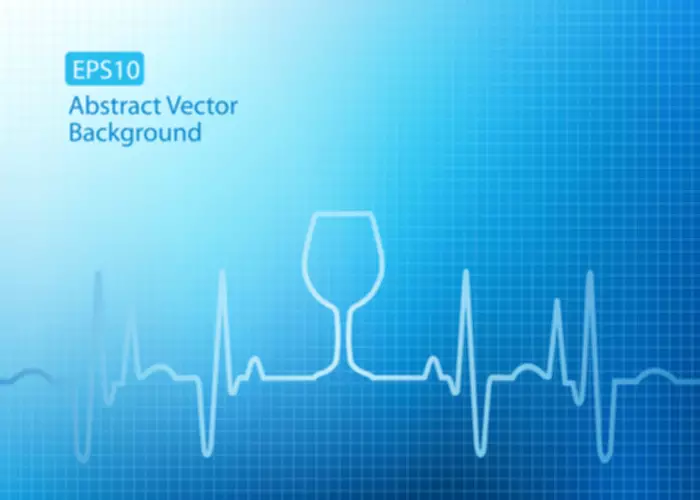06 Mar. 23
Can Microdosing Psychedelics Improve Your Mental Health? Science in the News

The rapid growth of artificial intelligence increases the risk of misinformation and job displacement, while societal polarization fuels extremism, social unrest, and declining trust in public institutions,’ notes StudioCone. The study took advantage of cross-campus collaborations between Kwan and Fernandez-Ruiz to measure electrical brain signals and an international collaboration with Vaidya’s team, which led many of the behavioral aspects of the study. Other co-authors included researchers from Yale University, Columbia University and the New York State Psychiatric Institute. Nevertheless, these findings suggest that beneficial effects from psychedelics are plausible, spurring greater motivation for ongoing clinical trial research.

Nearly Half of Americans Support Legalization of Psychedelics for Mental Health
Her goal is to help change the medical and mental health care paradigm from numbers-oriented, medication-based sick care to individual-focused well care and liberation to the most realized version of self. When you hear the term “psychedelics,” you might think of hallucinogenic and mystical experiences. The question of scalability and access also looms over psychedelic therapy’s future [45]. Most psychedelic clinical trials require a team of one supervising psychiatrist plus two graduate-level mental health professionals. A single patient undergoes several therapeutic preparation sessions in advance of the psychedelic session, an 8-h dosing session, and several therapeutic integration sessions following the dosing.

Which Psychedelic Drugs Are FDA-Approved for Use?
- However, because the study relied on self-reporting, it does not conclusively prove that psychedelic experiences can affect mental health.
- Increased connection, or connectedness, was a central theme in one study on psilocybin treatment for depression [53].
- This will require an investment of time and resources, and it is not likely that these approaches will be broadly available to psychiatric patients except in clinical trials for the next few years.
- Orb represents the first instalment of StudioCone’s wider exploration into psychedelic futures, employing design futures methodologies to envision and critique potential scenarios — ranging from the near-term (0-5 years) to the long-term (10-15 years).
- With expanded FDA grants and increasing research, experts are hopeful that psychedelic therapy is on the upswing.
“There needs to be this meeting of the minds, and the openness that the scientific and Western way of thinking is not always the right way,” Eriacho says. Clinical trials, for instance, often rely on narrowly defined clinical surveys to capture symptoms. “Those are Western concepts,” she says, and from her perspective, those metrics miss a lot. “You don’t have a very comprehensive way of looking at what an individual may be experiencing,” she says. “There were fears that if anything really bad happened [during the trial], it would reflect very badly on the university.” UConn Health spokesperson Lauren Woods says that is false.
What Research Says About Psychedelics as Mental Health Treatments

More recently, emerging evidence has pointed out the potential therapeutic properties of psilocybin and LSD, as well as their ability to modulate functional brain connectivity. Moreover, MDMA, a compound belonging to the family of entactogens, has been demonstrated to be useful to treat post-traumatic stress disorders. In this review, the pharmacology of hallucinogenic compounds is summarized by underscoring the differences between psychedelic and nonpsychedelic hallucinogens as well as entactogens, and their behavioral effects in both animals and humans are described. Together, these data substantiate the potentials of these compounds in treating mental diseases.
- Given the highly personalized nature of psychedelic-induced patient experiences, quantitative measurements might not capture the full spectrum of phenomena experienced by patients.
- Together, these data substantiate the potentials of these compounds in treating mental diseases.
- Assessing the relative contribution of the included studies to the thematic synthesis and overall themes, we found that lower-quality studies and studies with divergent research aims contributed comparatively less to the synthesis.
- When these mice were treated with a drug to increase serotonin levels in a region of the brain, the neurons formed substantially more dendritic spines than in mice without the protein.
- An infusion of federal funds could be used to make psychedelics research more equitable and inclusive.
MDMA, a psychotropic drug with unique prosocial effects
That is a disturbing thought, said Ghaemi, since roughly 3% of the Massachusetts’ population has schizophrenia or bipolar disorder. “If they’re exposed to hallucinogens, then they’re likely to get much worse in a dangerous way,” he said. It requires a high level of presence, attentiveness, self-regulation, the are psychedelics addictive ability to track the nervous system of your client and your own, and to self regulate and to really be present through that,” Quinn said. “Quite surprisingly, only one region—the ventral hippocampus—when we infused it with DOI, was able to retain the psychedelic’s effect of reducing anxiety,” Kwan said.


